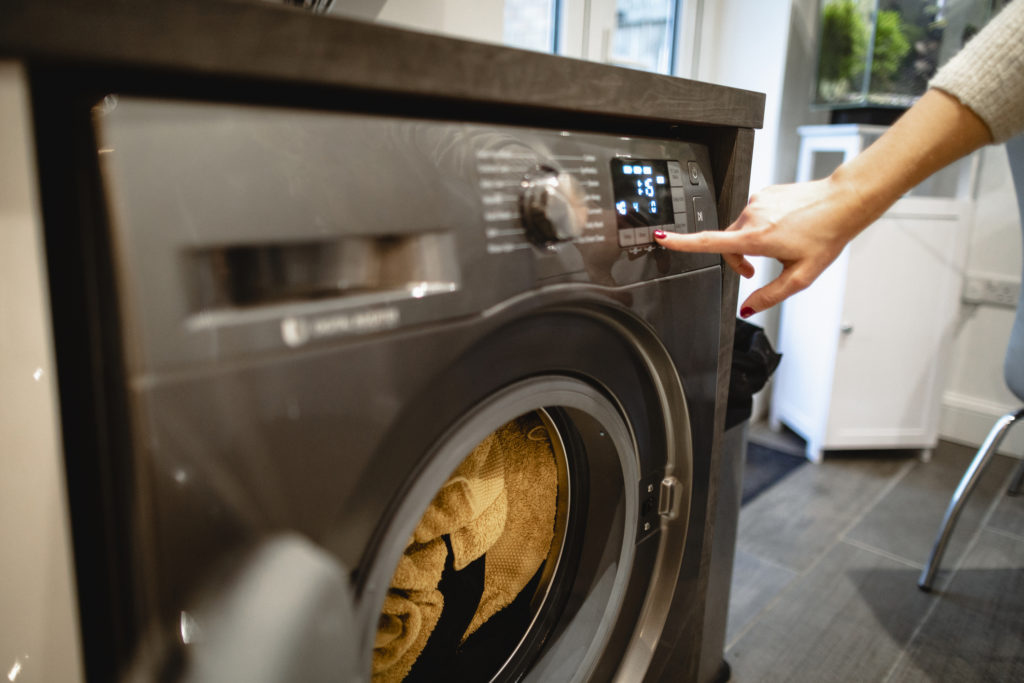
Over 100,000 Orders Reached on Shopify!
12 December 2023
View PostPosted on 18 September 2016 3 min read
If you suffer from eczema, you probably feel like you’ve tried everything to alleviate the symptoms. However, there are some natural eczema remedies you can try in your own home which have been found to work for many people!
Here are 7 quick and easy natural eczema remedies which you might not have heard of before:
1. Omega-3
Omega-3 fatty acids are thought to have anti-inflammatory properties, and may play a role in treating your eczema and alleviating your symptoms. You’ve probably heard of omega-3 before as being found in oily fish. If fish or supplements aren’t your thing, the good news is that you can also get it from enriched whole foods like flaxseed, walnuts and pumpkin seeds, as well as in some fresh produce such as kale and spinach.
2. Coconut Oil
Coconut oil is great for giving your skin the extra nourishment it may need. Not only is it a great way to soften your skin without using any harsh chemicals, it also contains the added benefit of anti-inflammatory and antifungal properties to calm and protect your skin. You can get it into your system by adding it to your food or smoothies, adding it to a bath, or applying it directly to your skin.
3. Probiotics
It’s time to repeat that well-known mantra – you are what you eat. Probiotics are essentially foods that contain “good bacteria”, to help fight off and create balance with the other bacteria in your body. It’s been suggested in some nutritional circles that they could play a role in reducing the incidences of eczema. You can find probiotics in foods such as live yoghurt, sourdough bread and pickles .
4. Heat won’t help
Washing in hot water strips your skin of the oils you need to keep your skin moisturised. As eczema sufferers know only too well, dry skin certainly won’t help avoid an eczema flare-up. Turn down the temperature on those piping hot baths and do your skin a favour.
5. Stop Scratching in Your Sleep
Maybe you’re well behaved enough when you’re awake to resist, but did you know you could be scratching your skin in your sleep? It may sound strange, and it’s not that we think you can’t be trusted, but wearing cotton gloves (or even socks!) on your hands can protect you…from you.
6. Check your laundry detergent
There are a lot of chemicals added to standard laundry detergent to counter the effects of hard water. What’s more, if you live in an area with hard water, you need to use even more detergent when washing your clothes to get them clean. High doses of detergent can damage your clothes, and most importantly for you, irritate your skin and aggravate skin conditions.

7. Is your water too hard?
Hard water has been strongly suggested to be linked to the aggravation of skin conditions such as eczema. Families in a recent study have reported seeing improvements in eczema after fitting a water softener to their system. Enter your postcode here to see how hard your water is.
Eczema is a skin condition which can be triggered by hard water. Find out how a water softener could help your skin and get in touch with us using the contact form below: